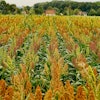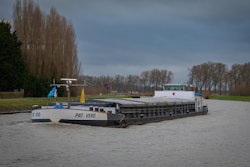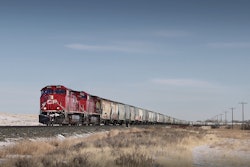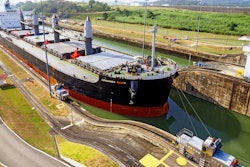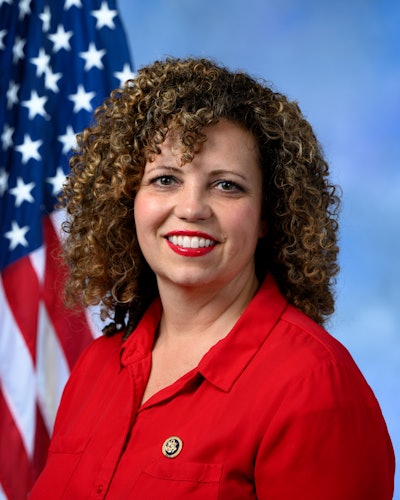
The importance of transportation to the agriculture industry is not lost on congressional newcomer Rep. Celeste Maloy.
Maloy, R-Utah, was sworn into office on November 28, 2023, after winning a special election. She previously worked as a staff member for her predecessor, Chris Stewart, who resigned before his term was completed because of his wife’s poor health.
Less than two months into the job, Maloy spoke to attendees of the American Farm Bureau Federation (AFBF) Convention, held January 19-24 in Salt Lake City, Utah.
Maloy told AFBF members that the agriculture committee is the committee that people assume is the most important to those in production agriculture. But she knows there are other committees that can just be as vital to the economic viability of agricultural operations. One of those is the House Transportation and Infrastructure Committee, of which she is a member.
“I've already been in some hearings where we talked about transportation and trucking,” Maloy said. “I've gotten calls from Utah Farm Bureau; I've gotten calls from cattle ranchers in Utah who are worried about transportation issues. That isn't something that fits neatly into the category of ag policy, and yet it has a big impact on how we do ag policy, and how people on the ground do their jobs and market their products.”
A key point communicated during her campaign for Congress was often inflation, and how the United States is not as “energy independent” as it should be, which directly affects agriculture.
“When the cost of fuel is higher the cost of food is higher. I mean, all of these things have an impact on agriculture,” she said.
Issues that make a difference
Maloy said when Stewart asked her to run for the seat he was vacating, she wasn’t initially interested.
But she had a change of heart, and said it was issues that truly make a difference in the lives of her district, which includes the rural and agriculture-based portions of western and southern Utah, that “put me over the edge and made me decide to run.”
“Really and truly, I thought somebody has to keep working on these issues. There are a lot of members of Congress who like to talk about big national issues -- the kind you see on cable news, and you could spend an entire career in public service working on those issues and never solve any problems at home for your constituents. I personally think that representatives should spend the majority of their time on the local issues that matter their constituents. I got to a point where I knew that I could either hope that somebody who cared about that ran for the seat and took care of the people that I really care about, or I could run and make sure that I'm that kind of member … and that I'm having those conversations with federal agencies and that I'm sitting on key committees that matter to the people at home.”
Maloy’s agricultural background
Prior to her work as a representative and a member of Stewart’s staff, Maloy had gained meaningful experience in agriculture.
She earned an bachelor of arts degree in agriculture from Southern Utah University, and worked for 10 years as a conservationist for the United States Department of Agriculture (USDA) Natural Resources Conservation Service (NRCS).
She then went on to earn a juris doctorate from Brigham Young University, and then worked as an attorney who specialized in issues of public land law involving land and water policy before being hired by Stewart in 2019.


